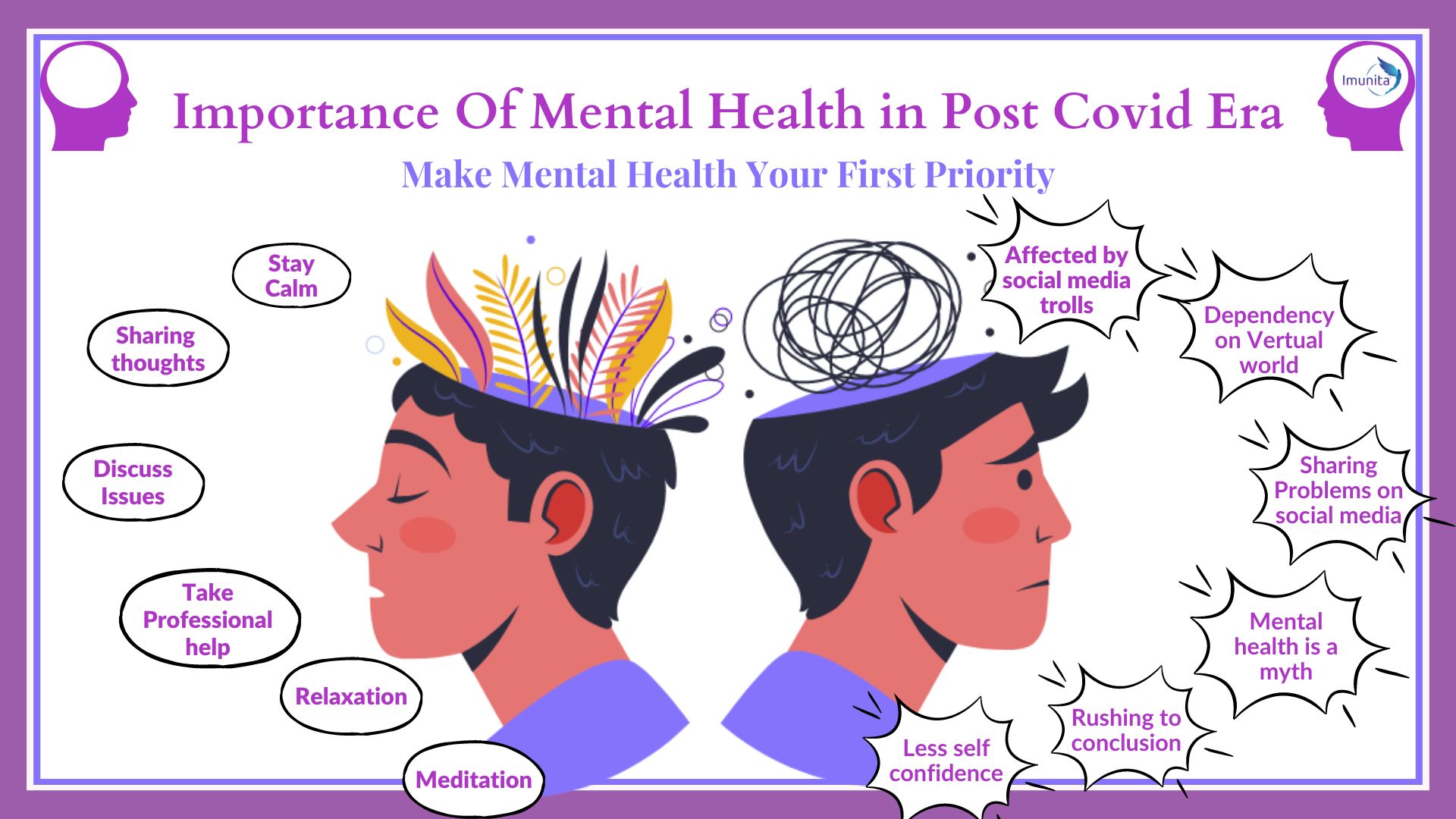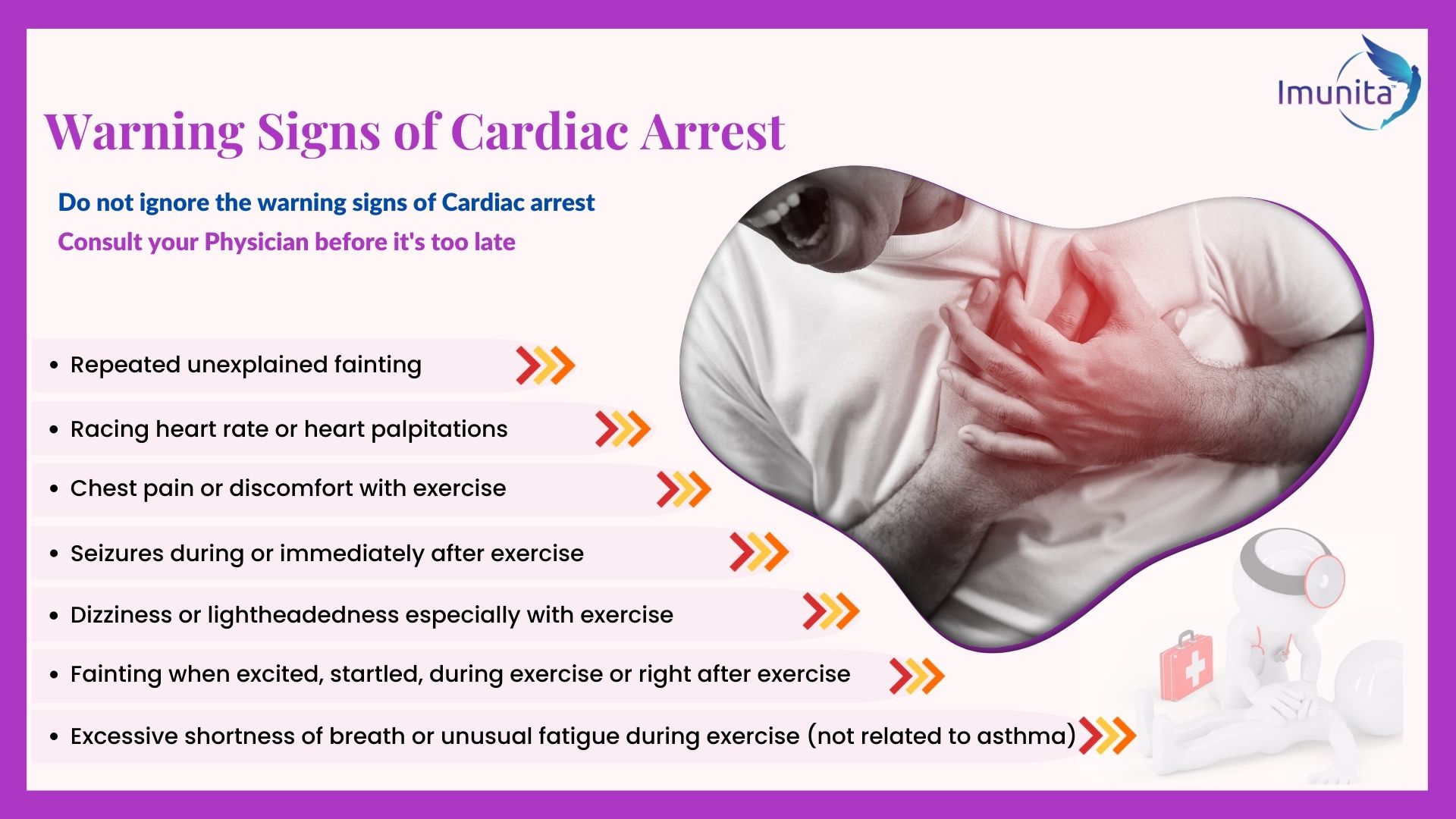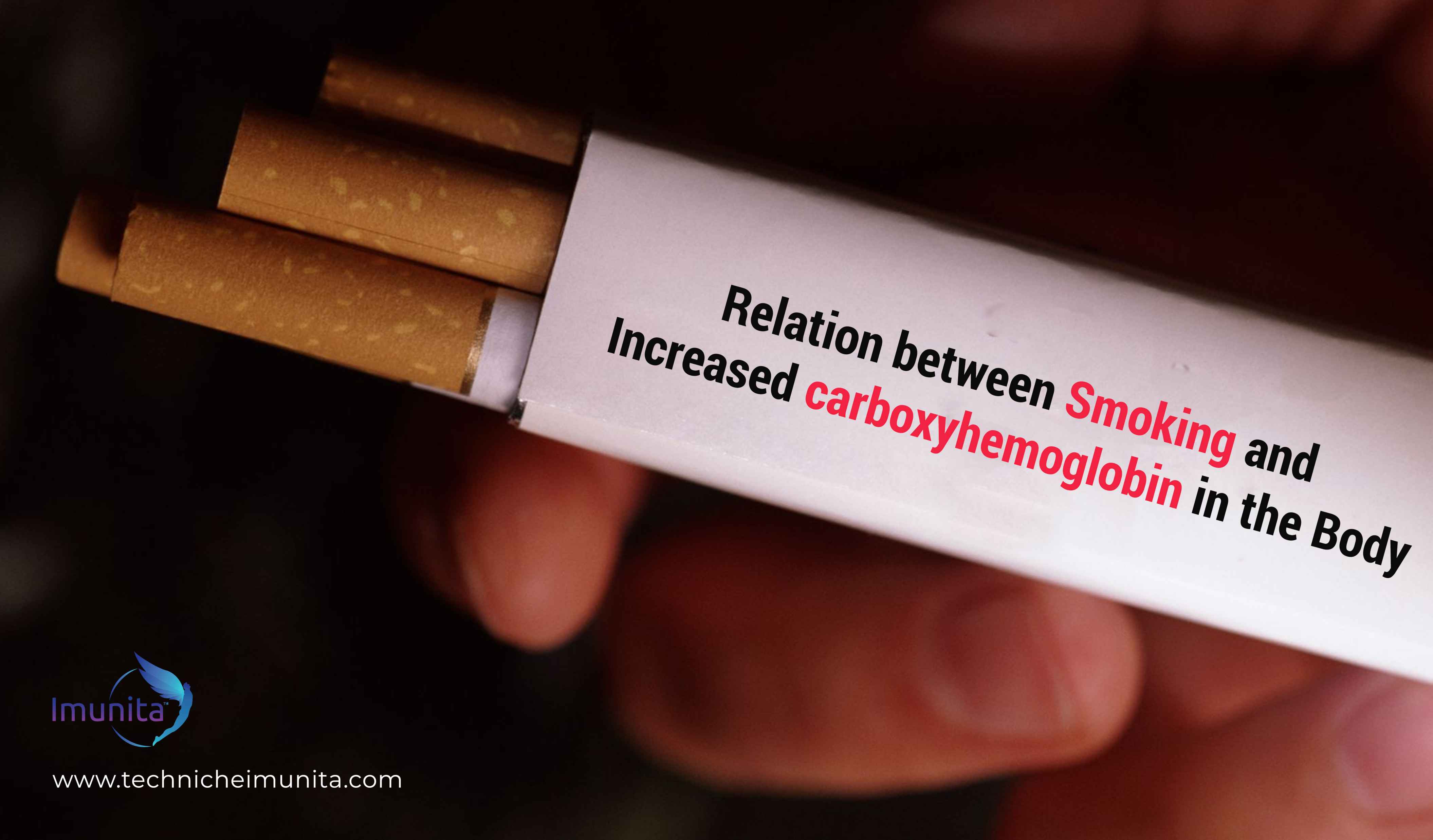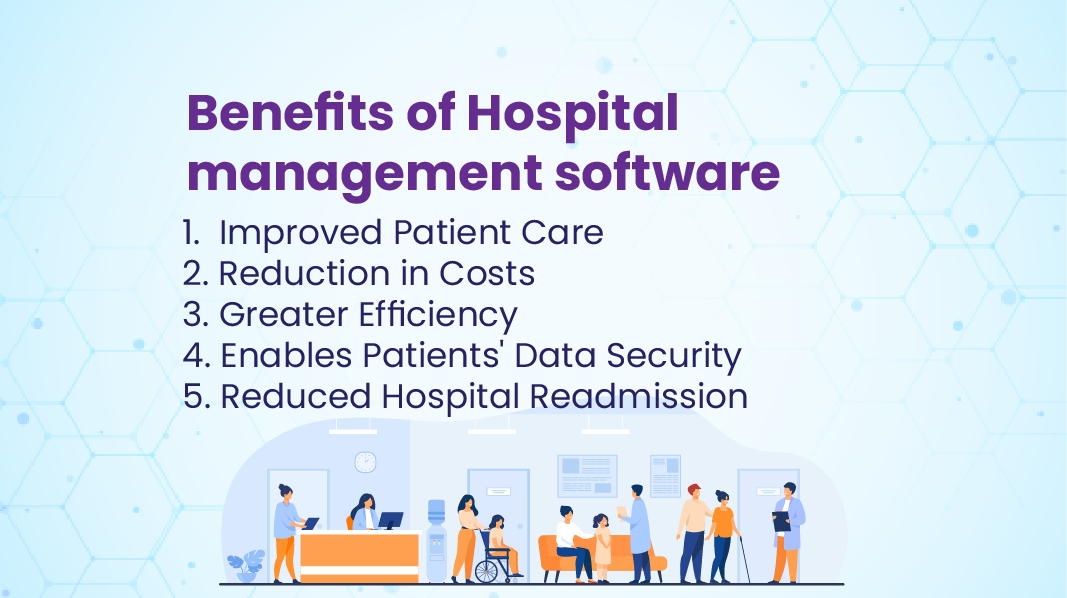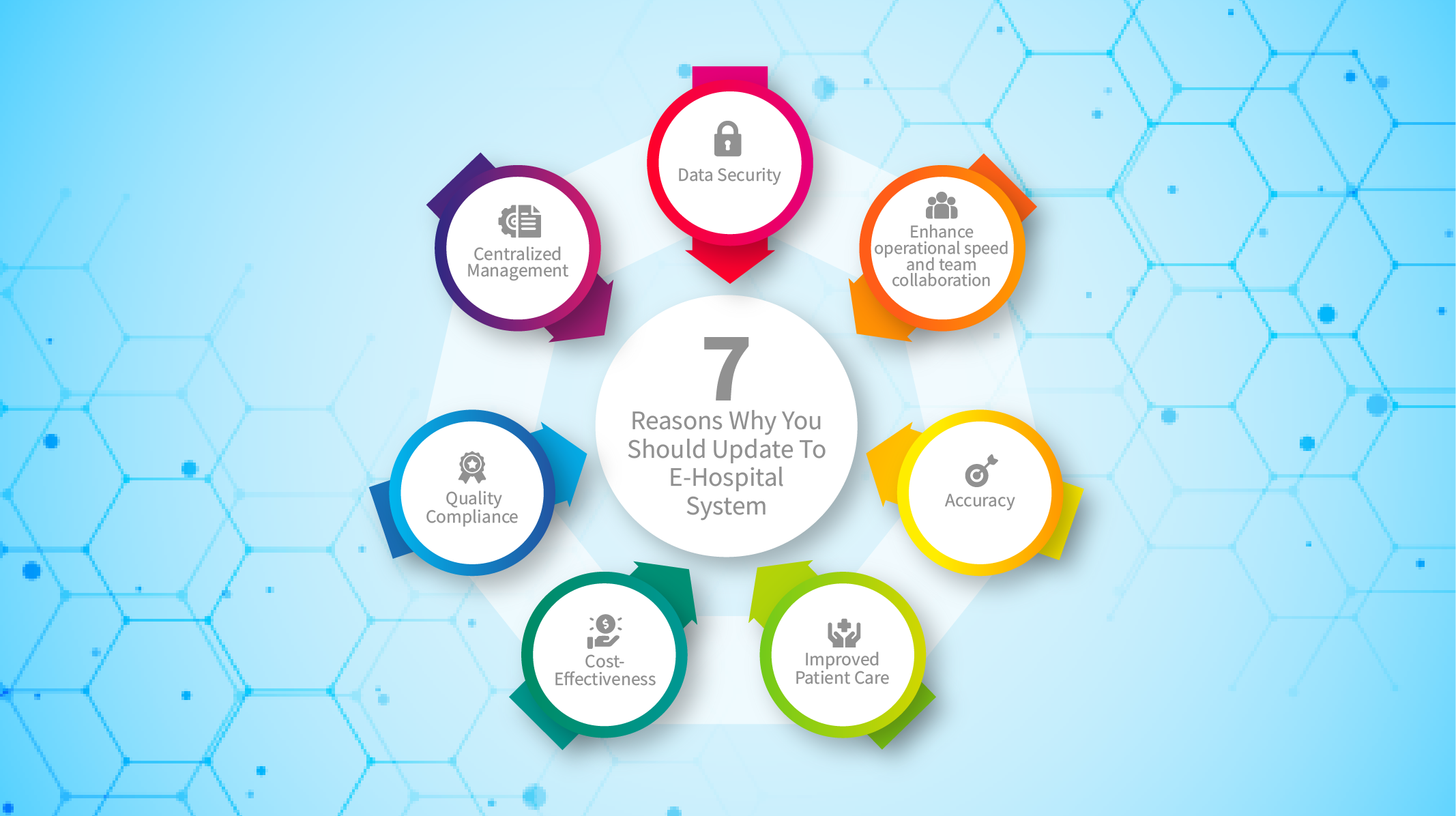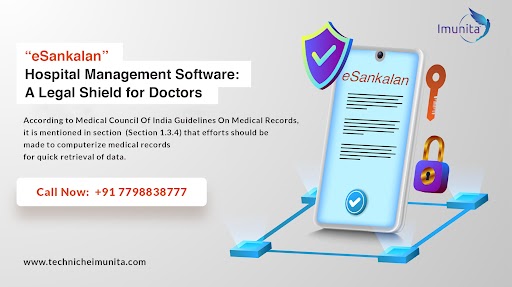MMR is generally an attenuated (weakened) live virus vaccine. In attenuated vaccine the weakened viruses cause mild infection in the vaccinated person with few symptoms. The body immune system can resist the weakened virus and is eliminated from the body. This helps the person to gain immunity against the virus. According to the Centre for Disease Prevention and Control, USA, this vaccine is only licensed for use in children ranging from 12 months to 12 years of age. Two doses of MMR vaccines is recommended, one at the age of 12 to 15 months of age and other at around 4 to 6 yrs of age.
Although the vaccine is considered to be effective but still it is observed that few people who get two doses of MMR vaccine may still get measles, mumps, or rubella on exposure to the viruses that cause these diseases. Researchers are clueless about the reasons for vaccines non efficacy and the functioning of immune systems in such cases.
Neomycin and gelatin are the components of the MMR vaccine which are known to cause serious reactions in the allergic individuals during measles vaccination. Therefore it is essential to evaluate such individuals before vaccination. According to Centre for Disease Control and Prevention, USA, it is suggested that children with a history of a cardio respiratory reaction to eggs or with coexisting chronic asthma require medical expert supervision during and after vaccination against measles. Individuals who are sick at the time of the vaccination are recommended to wait until they recover before getting the MMR vaccine shot.
The MMR vaccine guidelines suggest that pregnant women should not get MMR vaccine. Pregnant women requiring the vaccine should be vaccinated after the birth of the baby. Also, it should be noted that women should avoid getting pregnant for 4 weeks if injected with MMR vaccine. Patients suffering from tuberculosis have reduced immunity and should not be vaccinated. Patients on aspirin medication, chemotherapy and radiotherapy must not be given MMR vaccine.
It is the duty of the medical expert team responsible for vaccine administration to educate the patients receiving the vaccine about the major and minor side effects of the vaccination. The major side effects include seizures, deafness, rashes all over the body, lung infection, meningitis etc. The minor side effects are fever, sore arm and swelling of glands in the neck or cheek.
The most controversial case of MMR vaccine has been its linkage with autism development. A research article published in The Lancet revealed a connection between MMR vaccine and autism. The study was not accepted by the WHO and national guidelines on various countries. But this study halted the uptake of the vaccination in the European countries.
A study was conducted by Gomber and colleagues to observe the immunity prevalence in children in Delhi who had earlier received 2 doses of MMR vaccine, first at 9 months and the other at around 24 months. It was reported that only 20 per cent of children had adequate antibody levels. This study had raised concern over the efficacy of the MMR vaccine. Therefore, it is necessary to evaluate the potential hazards and efficacy of the MMR vaccine before running a widespread immunization programs. It is essential to identify the regions requiring vaccine programs and there should be set guidelines for safe administration of the vaccine to avoid life threatening side effects.












